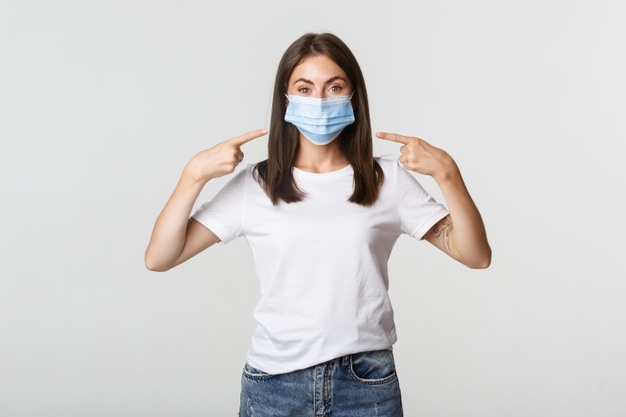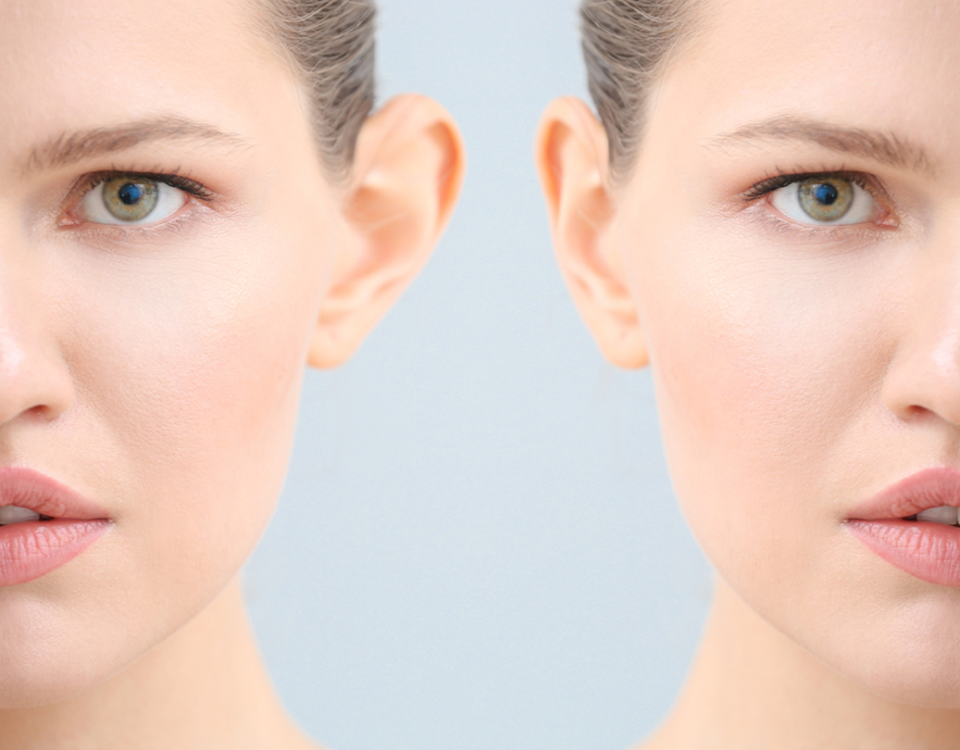
EmbraceRF Treatment Video
10/07/2020
Lip Care
03/22/2021“Maskne”


Ugh, and now we have to deal with MASKNE!
Skin irritation and acne have recently been on the rise. The friction of mask wearing and the stress of the pandemic is taking a toll on our skin. This irritation has been termed “maskne.” Our cortisol levels increase during times of stress which affects the oil production in our skin, a recipe for skin irritation disaster! So what can we do?
We begin with keeping our faces clean. The American Academy of Dermatology Association (AADA) provides basic tips for washing your face. Wet your face with lukewarm water and apply a gentle, fragrance-free cleanser, such as SkinCeuticals Gentle Cleanser, with your fingertips. Washcloths and mesh sponges can irritate your skin and can also harbor bacteria. Rinse with lukewarm water and pat dry with a soft, clean towel. Apply a moisturizer, especially if you have dry skin. Do so in upward strokes and be gentle with the delicate skin around your eyes. Try to only wash your face twice a day. If you have been working out, wash again, as your sweat can also irritate the skin. The AADA recommends moisturizers that contain ceramides, hyaluronic acid or dimethicone. Dimethicone can also create a barrier that will lessen mask irritation. People with oily skin should use a gel moisturizer, such as SkinCeuticals Hydrating B5 Gel. Normal or combination skin only needs a lotion or serum, such as SkinCeuticals Daily Moisture or C E Ferulic. Dry skin requires a cream moisturizer, such as SkinCeuticals Triple Lipid Restore. Applying moisturizer before and after wearing a mask will reduce problems, especially for those with dry or sensitive skin.
If your lips are becoming chapped from mask wear, apply petroleum jelly before you put on your mask. You can also use products such as SkinCeuticals Antioxidant Lip Repair to heal chapped lips.
The AADA recommends not applying makeup under your mask to decrease the possibility of clogged pores. If you must wear makeup, look for products that are non-comedogenic (won’t clog pores), such as mineral-based makeup. SkinCeuticals tinted Physical Fusion UV Defense is a non-comedogenic sun protectant that provides a more even skin tone.
Now probably is not the time to try new products! Wearing a mask can make your skin more sensitive and reactive to new ingredients. Don’t begin using retinoids, exfoliants, or chemical peels at this time. If you are already on a regimen of retinoid use, apply it at bedtime and keep to the same amount you have been using. If your skin becomes irritated, you may need to back off the retinoid concentration or take a break. You may also need to cut back on leave-on salicylic acid products and aftershave. Continue to follow any treatment plan that your dermatologist prescribes for a skin condition such as acne or rosacea.
The type of mask you wear is important. Your mask should fit snugly, but comfortably. A mask that is too tight or slips constantly can irritate your skin. If you have to keep pulling your mask up, you are transferring dirt and germs from your hands to your mask and face. If you have sensitive skin or experience irritation, avoid masks made of wool or synthetic fibers such as polyester, nylon, rayon or spandex. Synthetic materials are not breathable and have been treated with chemicals. Masks made of cotton, bamboo or natural silk are less irritating.
If you are required to wear a mask throughout the day, the AADA recommends taking a 15-minute mask break every four hours. Remove your mask only when it is safe and after you have washed your hands. It is recommended that you replace reusable masks often and wash your fabric masks after each use. It is best to use a gentle, fragrance-free and hypoallergenic detergent to wash your mask. This will promote a clean facial environment and, most of all, give you the most protection. You can cause a skin problem with dirt and your own skin oils, sweat and dead skin cells that collect inside of your mask. Masks also trap moisture between the skin and fabric. In warmer temperatures, this can lead to breakouts and even contact dermatitis (an itchy rash).
Sometimes, no matter how careful you are, you can develop a skin problem from wearing a mask. If you develop acne, wash your face with a gentle cleanser and use a non-comedogenic moisturizer. If you develop new acne or your acne worsens, you may need to visit a dermatologist for a treatment plan best suited to your skin type.
If you develop an area of raw, irritated skin, apply petroleum jelly or an antibiotic ointment, such as bacitracin, to that spot before bedtime. This will protect your skin so it can heal. If you develop sores behind your ears, you may also need to alternate the type of mask you wear each day. If a skin problem appears, avoid salicylic acid and anti-aging products, at-home light devices and peels or scrubs. These can delay healing. Makeup can also worsen skin irritation.
Mask and facial care along with hand hygiene are essential to preventing maskne. Hopefully, these tips will soon be unnecessary!

